- October 18, 2024
Program Notes for Songs of the Soul 2024
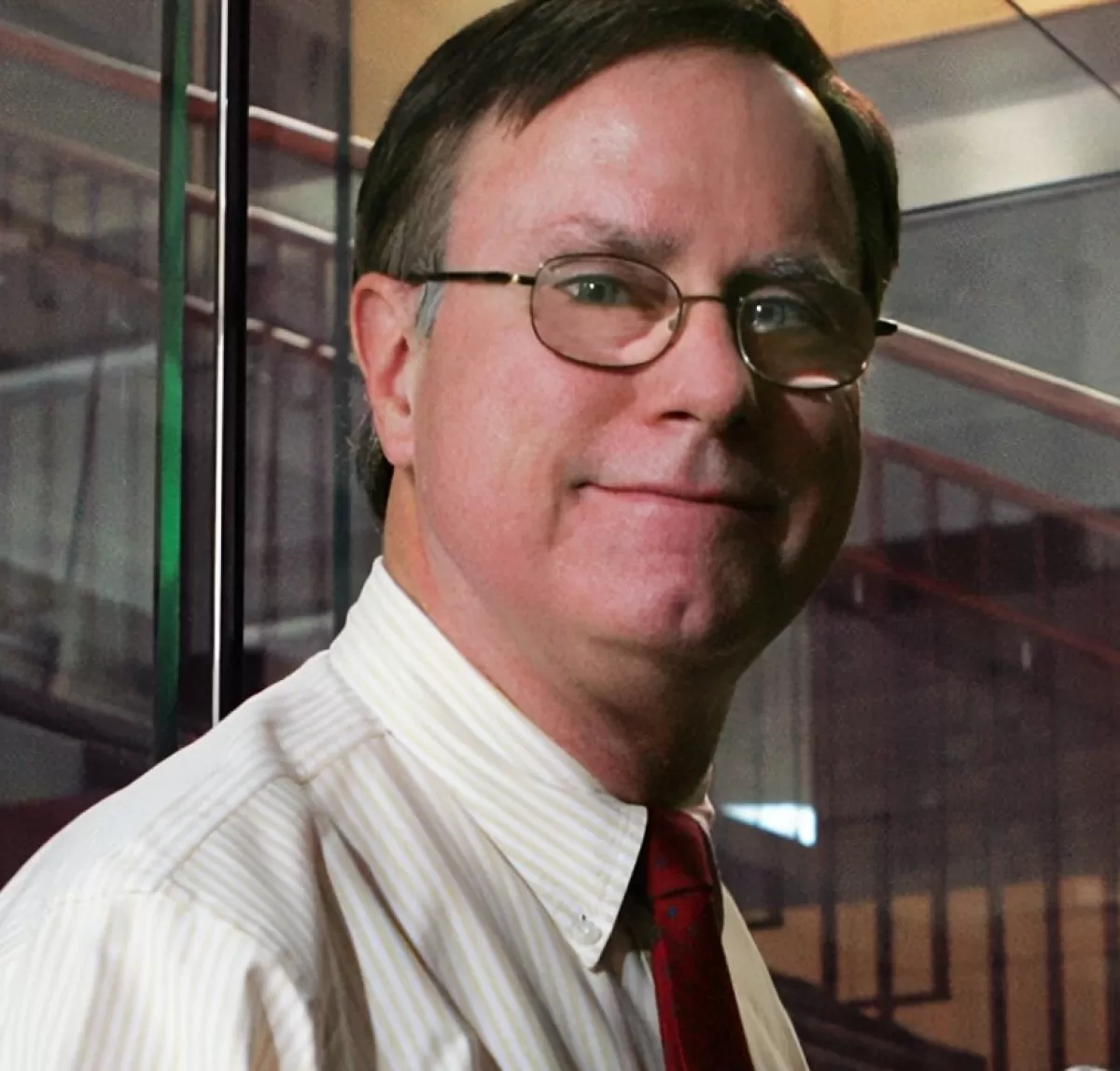 John Koegel
John Koegel
Professor of Musicology
California State University, Fullerton
Toby Young’s O Splendour of God’s Glory Bright (2021) was written for Clare College, Cambridge. It sets an English translation and adaptation by Louis F. Benson (1855-1930) of a Latin text attributed to St. Ambrose (340-397), the fourth-century bishop of Milan. Young writes in an eclectic musical style—influenced by popular music and musical theater, but in a classical vein.
 His setting is rhythmically energetic, with a propulsive organ accompaniment that emphasizes eighth-note patterns on the repeated pitch C in oscillating registers, alternating with eighth-note scalar passages. Shifting accents in the vocal lines, along with emphatic key and meter changes create surprising sonorities.
His setting is rhythmically energetic, with a propulsive organ accompaniment that emphasizes eighth-note patterns on the repeated pitch C in oscillating registers, alternating with eighth-note scalar passages. Shifting accents in the vocal lines, along with emphatic key and meter changes create surprising sonorities.
Toby Young (b. 1990) is Professor of Composition at the Guildhall School of Music and Drama in London.
Alongside his work as a composer and teacher of composition, Young follows interests in musicology, philosophy, and cultural sociology. His works have been commissioned by such leading ensembles as the London Symphony Orchestra, Royal Philharmonic Orchestra, and Academy of Ancient Music. He has collaborated with major pop and jazz artists such as the Rolling Stones and Duran Duran, and has written music for theatrical, television, and film productions. Young is a passionate advocate for social justice in the arts.
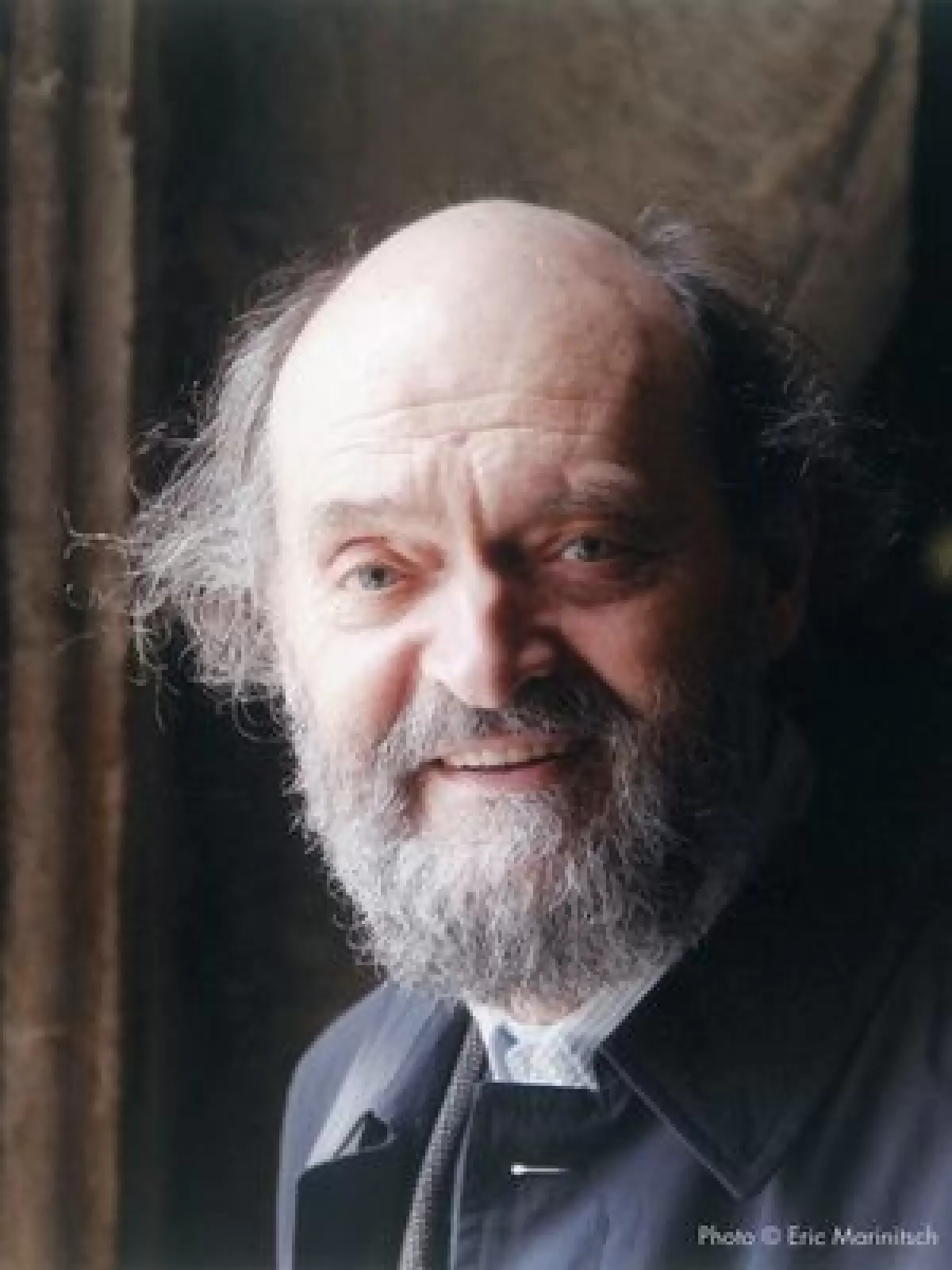 Estonian-born Arvo Pärt’s (b. 1935) Berliner Messe (Berlin Mass) is the centerpiece of our concert. It is the most substantial piece performed tonight, and is among the most important choral works written in the last several decades. Soon after the fall of the Berlin Wall in 1989, Pärt was commissioned to compose a mass for the 90th Katholikentag (Catholic Day), an important Catholic lay celebration held every two years in German-speaking countries. Pärt appropriately created his Berliner Messe to fulfill this commission. Paul Hillier conducted the premiere performance of the work in 1990 during the liturgical Feast of Ascension at St. Hedwig’s Cathedral in East Berlin. In addition to the version from 1990, for chorus and organ accompaniment, the composer also arranged the work for chorus and strings in 2002. Pacific Chorale performs the 1990 version tonight. Pärt’s work is a setting of the five-part Ordinary of the mass, to which he added two Alleluia verses and the Pentecost sequence Veni Sancte Spiritus. (Come Holy Spirit). His Berliner Messe is undoubtedly intended for use in the Catholic liturgy as well as in the concert hall.
Estonian-born Arvo Pärt’s (b. 1935) Berliner Messe (Berlin Mass) is the centerpiece of our concert. It is the most substantial piece performed tonight, and is among the most important choral works written in the last several decades. Soon after the fall of the Berlin Wall in 1989, Pärt was commissioned to compose a mass for the 90th Katholikentag (Catholic Day), an important Catholic lay celebration held every two years in German-speaking countries. Pärt appropriately created his Berliner Messe to fulfill this commission. Paul Hillier conducted the premiere performance of the work in 1990 during the liturgical Feast of Ascension at St. Hedwig’s Cathedral in East Berlin. In addition to the version from 1990, for chorus and organ accompaniment, the composer also arranged the work for chorus and strings in 2002. Pacific Chorale performs the 1990 version tonight. Pärt’s work is a setting of the five-part Ordinary of the mass, to which he added two Alleluia verses and the Pentecost sequence Veni Sancte Spiritus. (Come Holy Spirit). His Berliner Messe is undoubtedly intended for use in the Catholic liturgy as well as in the concert hall.
In his compositions, Pärt has been especially influenced by Russian Orthodox chant, medieval music, and Renaissance polyphony. His music is imbued with a mystical character through his use of a special musical technique he calls “tintinnabuli.” At its essence, this is a simple system. The tintinnabuli technique uses paired lines: the first voice, a mostly scalar melodic line, is balanced by a second voice that is largely restricted to tonic chord tones above and beneath the melodic line.
These two lines are then heard together as a single composite line. An atmosphere of colorful harmonic stability and irregular dissonance results.
According to the composer, the secret of tintinnabuli "lays in the two lines. One line is who we are, and the other line is who is holding and taking care of us. Sometimes I say that the melodic line is our reality, our sins. But the other line is forgiving the sins."
Nico Muhly’s A Good Understanding from 2005 for adult and children’s choruses, organ, and pointillistic percussion, was also written for the choir of Clare College, Cambridge, and was intended to share a program with English composer John Rutter’s Mass of the Children, which also uses adult and children’s choruses. For his work, Muhly chose two psalm texts: selected verses from Psalm 99 (The Lord reigns, let the nations tremble) and one verse of Psalm 111 (Praise ye the Lord). He takes the title of his work from the last verse of Psalm 111 (“The fear of the Lord is the beginning of wisdom: a good understanding have all they that do his commandments: his praise endureth for ever.”) As the composer explains, “the piece unfolds episodically—short choral phrases alternating with longer instrumental interludes. The first half of the text is typical psaltry praise- making: outlining agreements, explaining the rules; the music is, accordingly, severe but practical.” The second half sets varied repetitions of the last verse of Psalm 111.
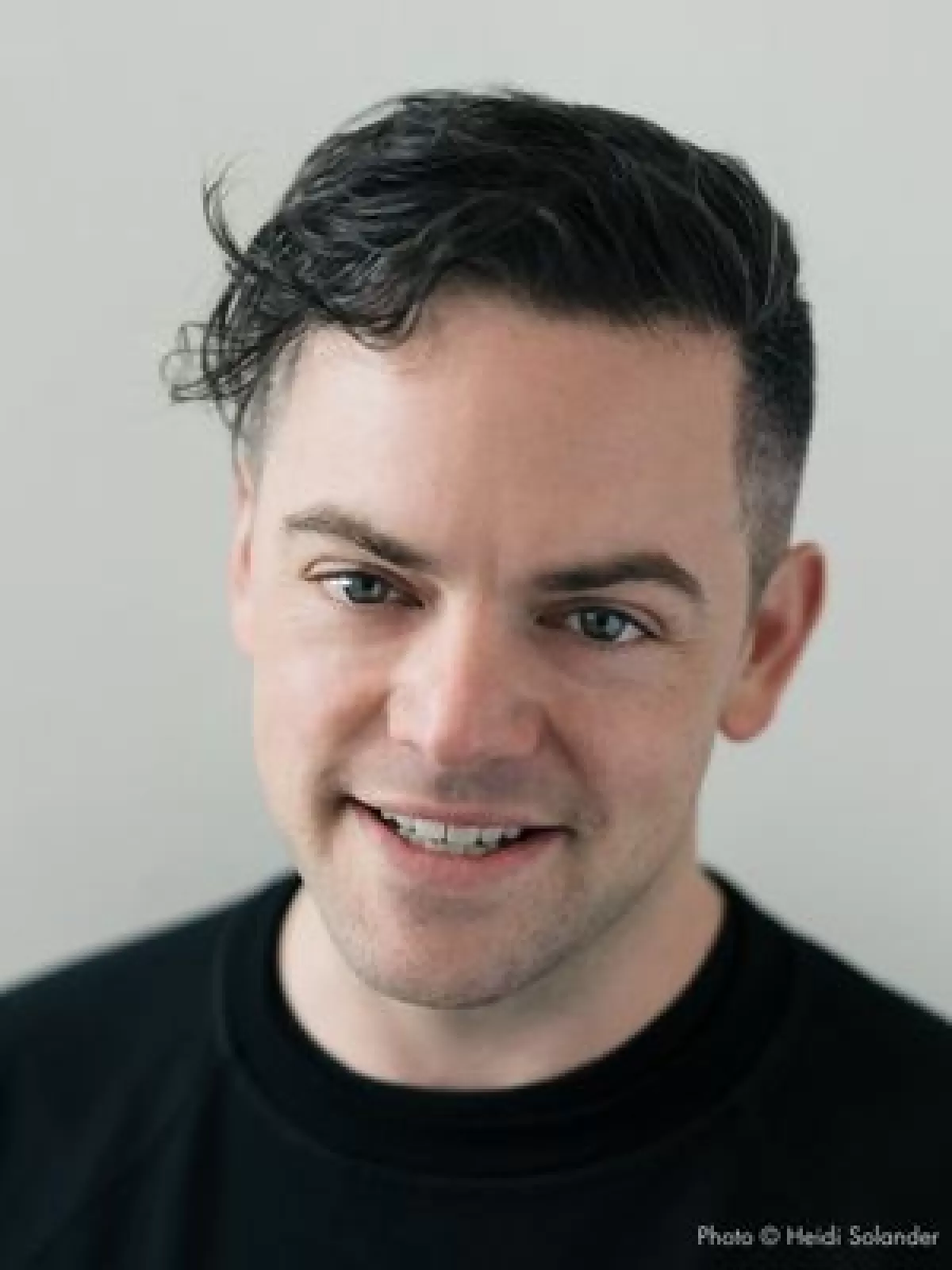 The prominent American composer Nico Muhly (b. 1981) has written in a variety of mediums, including orchestral music, opera, chamber music, and choral music. His operas Two Boys (2011) and Marnie (2018) were performed by the Metropolitan Opera, and his other works have been performed by such leading ensembles as the Los Angeles Philharmonic, San Francisco Symphony, Australian Chamber Orchestra, Philharmonie de Paris, and Tallis Scholars, among others. His work for film includes scores for The Reader (2008) and Kill Your Darlings (2013), and the BBC TV adaptation of Howards End (2017).
The prominent American composer Nico Muhly (b. 1981) has written in a variety of mediums, including orchestral music, opera, chamber music, and choral music. His operas Two Boys (2011) and Marnie (2018) were performed by the Metropolitan Opera, and his other works have been performed by such leading ensembles as the Los Angeles Philharmonic, San Francisco Symphony, Australian Chamber Orchestra, Philharmonie de Paris, and Tallis Scholars, among others. His work for film includes scores for The Reader (2008) and Kill Your Darlings (2013), and the BBC TV adaptation of Howards End (2017).
In her O Magnum Mysterium for organ and chorus from 2002, Jennifer Higdon set the text that has inspired so many other composers over the centuries, most notably the Renaissance composers Giovanni Pierluigi da Palestrina and Tomás Luis de Victoria. The responsorial chant O Magnum Mysterium is from the Matins service for Christmas (“O great mystery, and wonderful sacrament, that animals should see the newborn Lord, lying in a manger!”). It celebrates the birth of Christ and honors the Virgin Mary, his mother. Higdon sets the famous text in three sections, in Latin, English, and Latin. Hers is a slow, meditative, and polytonal reflection on this beautiful Christmas text.
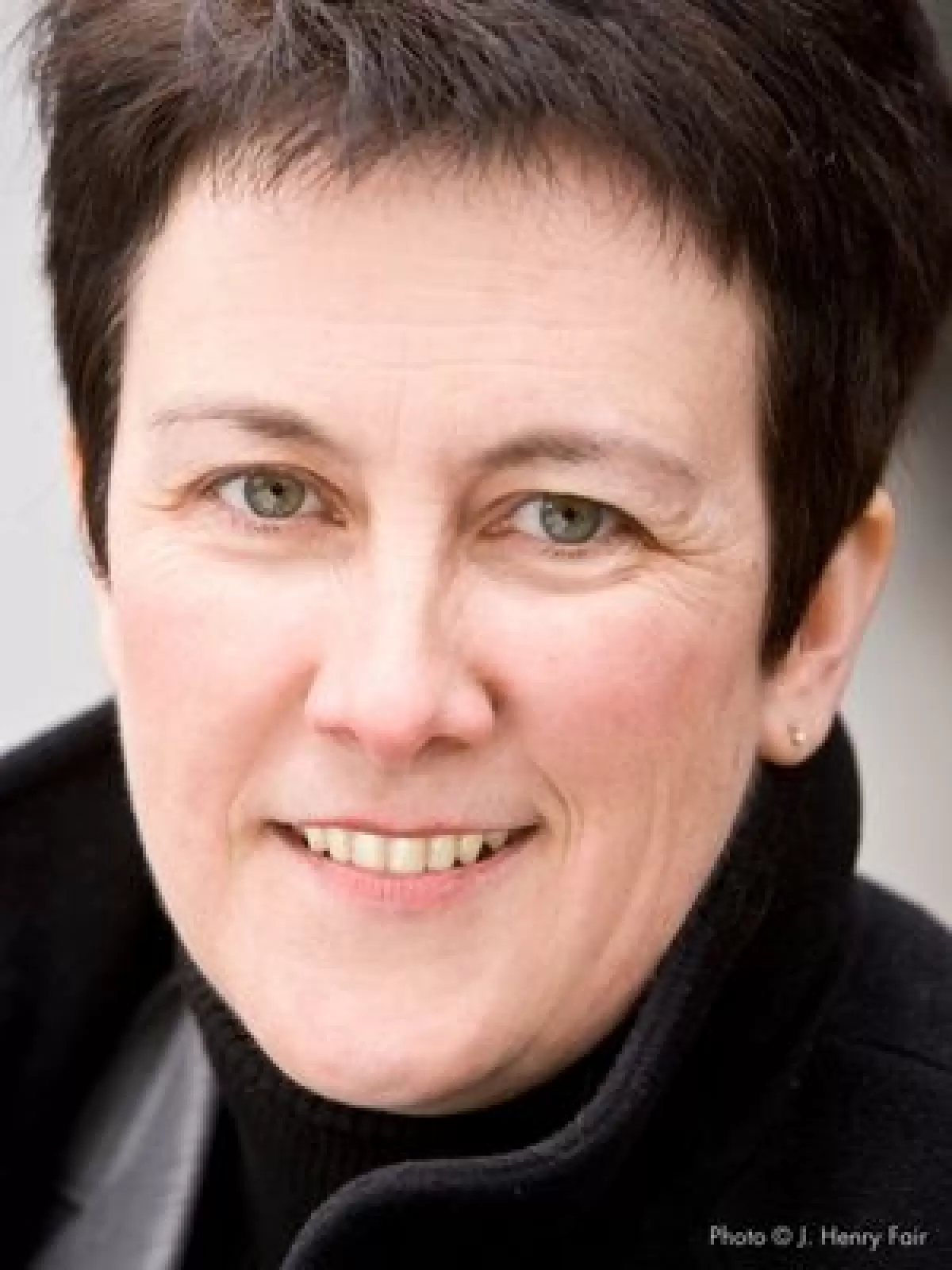 Jennifer Higdon (b. 1962) is one of the most prominent contemporary American composers today. She has written extensively for chorus, in addition to other forms, and is the recipient of numerous prestigious awards, including the Pulitzer Prize for Composition and three Grammy Awards. In 2019, she was elected a Member of the American Philosophical Society. Higdon served as Professor of Composition at the Curtis Institute of Music between 1994 and 2021. Her music is extensively performed and recorded, and her work blue cathedral has received more than 600 performances worldwide, a notable record.
Jennifer Higdon (b. 1962) is one of the most prominent contemporary American composers today. She has written extensively for chorus, in addition to other forms, and is the recipient of numerous prestigious awards, including the Pulitzer Prize for Composition and three Grammy Awards. In 2019, she was elected a Member of the American Philosophical Society. Higdon served as Professor of Composition at the Curtis Institute of Music between 1994 and 2021. Her music is extensively performed and recorded, and her work blue cathedral has received more than 600 performances worldwide, a notable record.
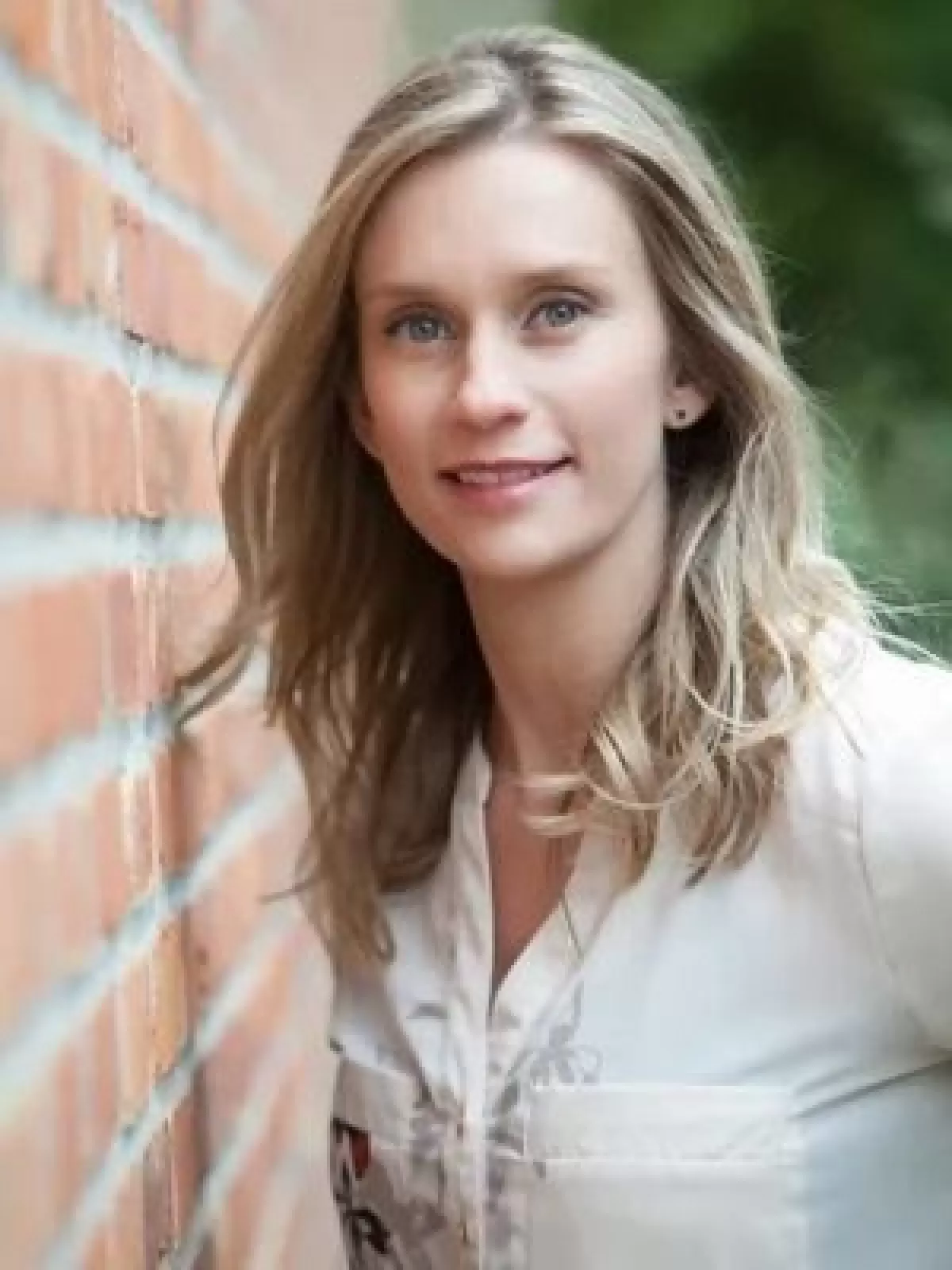 Canadian composer Sarah Quartel’s (b. 1982) anthem Density of Light for chorus and organ sets a text by Thomas Troeger from his collection Borrowed Light. The text is adapted from an Epiphany reading exploring the triumph of light over darkness. Written in a lighter style than the other works on our program, Quartel utilizes a popular music-influenced compositional palette, along with flowing lyrical lines, solo and harmonized, and a supportive rather than virtuosic organ accompaniment. The work concludes with dramatic fortissimo chords. Quartel writes especially well for voices and specializes in composing choral music, especially for collegiate and secondary choral ensembles. Her music has been widely embraced throughout the United States, and she has received commissions from the American Choral Directors Association, National Children’s Chorus of the United States of America, and New Dublin Voices, among other organizations.
Canadian composer Sarah Quartel’s (b. 1982) anthem Density of Light for chorus and organ sets a text by Thomas Troeger from his collection Borrowed Light. The text is adapted from an Epiphany reading exploring the triumph of light over darkness. Written in a lighter style than the other works on our program, Quartel utilizes a popular music-influenced compositional palette, along with flowing lyrical lines, solo and harmonized, and a supportive rather than virtuosic organ accompaniment. The work concludes with dramatic fortissimo chords. Quartel writes especially well for voices and specializes in composing choral music, especially for collegiate and secondary choral ensembles. Her music has been widely embraced throughout the United States, and she has received commissions from the American Choral Directors Association, National Children’s Chorus of the United States of America, and New Dublin Voices, among other organizations.
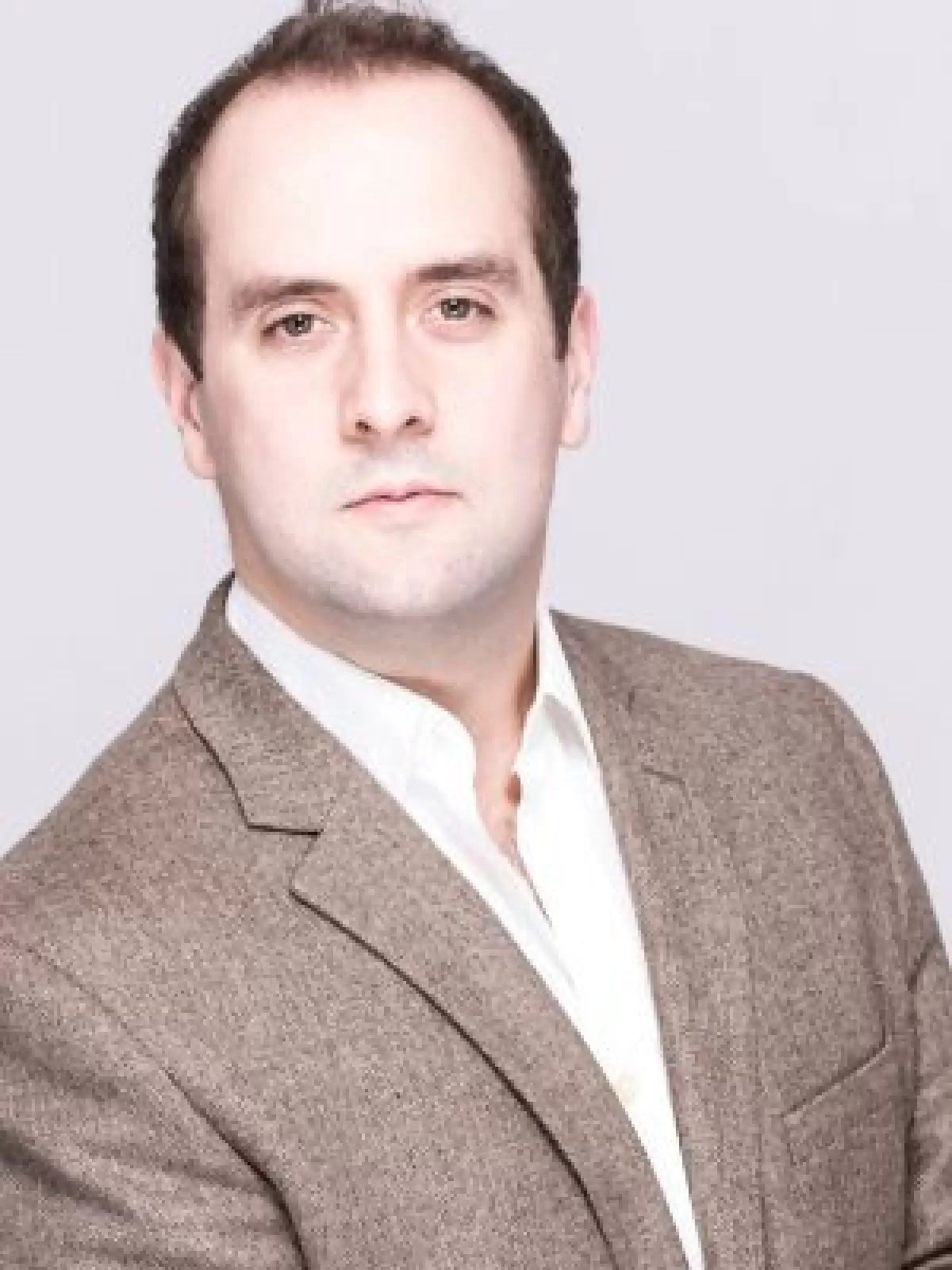 Tarik O’Regan’s Dorchester Canticles for chorus, harp, and percussion was commissioned by the Bournemouth Sinfonietta Choir and was given its premiere in Dorchester, England in 2004, and was written to be paired with Leonard Bernstein’s Chichester Psalms. Although the two movements of Dorchester Canticles share some musical material, each is considered an independent entity. Thus, this work can either be performed as single stand-alone movements, or as one continuous composition. O’Regan, a London-born composer based in San Francisco, has written music for a wide range of ensembles and organizations: Deutsche Opera Berlin, BBC Symphony Orchestra, Royal Philharmonic Orchestra, BBC National Orchestra of Wales, Estonian Philharmonic Chamber Choir, Chamber Choir Ireland, BBC Proms at the Royal Albert Hall, and the Royal Opera House, London. He has also served as Composer-in-Residence with Pacific Chorale and has received numerous awards and honors.
Tarik O’Regan’s Dorchester Canticles for chorus, harp, and percussion was commissioned by the Bournemouth Sinfonietta Choir and was given its premiere in Dorchester, England in 2004, and was written to be paired with Leonard Bernstein’s Chichester Psalms. Although the two movements of Dorchester Canticles share some musical material, each is considered an independent entity. Thus, this work can either be performed as single stand-alone movements, or as one continuous composition. O’Regan, a London-born composer based in San Francisco, has written music for a wide range of ensembles and organizations: Deutsche Opera Berlin, BBC Symphony Orchestra, Royal Philharmonic Orchestra, BBC National Orchestra of Wales, Estonian Philharmonic Chamber Choir, Chamber Choir Ireland, BBC Proms at the Royal Albert Hall, and the Royal Opera House, London. He has also served as Composer-in-Residence with Pacific Chorale and has received numerous awards and honors.
Don't miss this one-night-only performance on October 26, 2024. Buy Tickets

